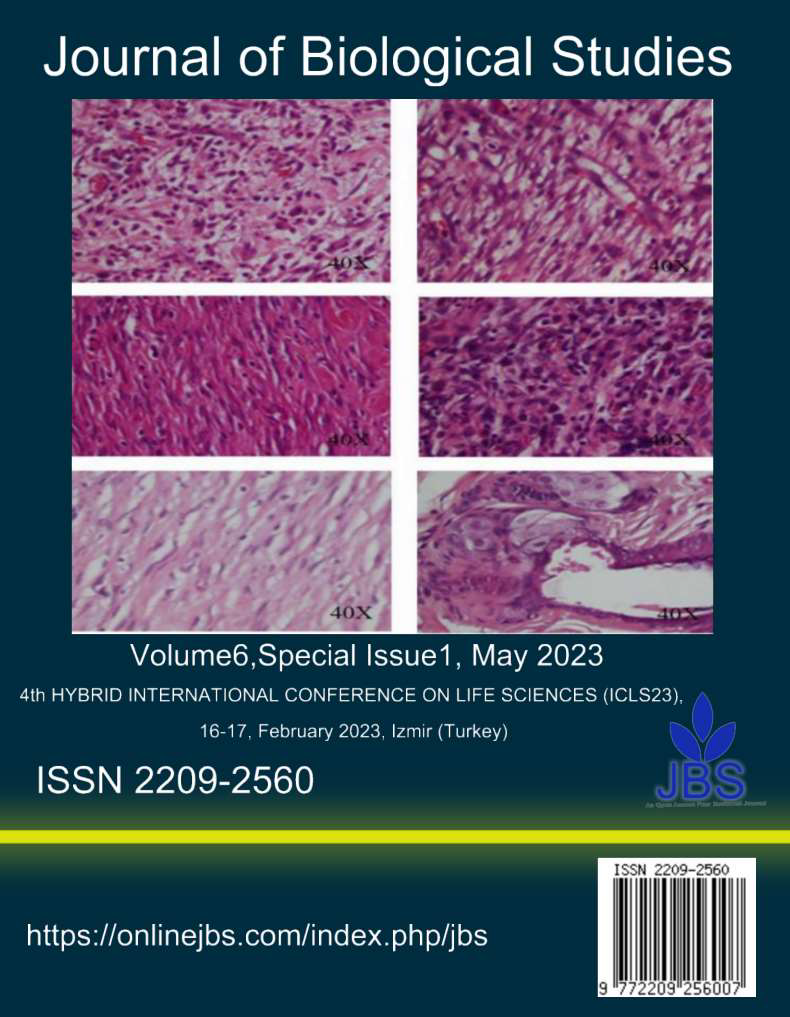Decreasing effect of Bacillus coagulans on allergy symptoms and IgE level in wistar rat model with ovalbumin-induced allergy
Main Article Content
Abstract
Probiotics are living microorganisms with beneficial effects on the host health by modulating the intestinal microbial flora. In this study, the effect of Bacillus coagulans as a probiotic was investigated on reducing serum immunoglobulin (IgE) levels in Allergic Rats model. Also, microflora changes were evaluated in Wistar rats.
First, the ability of Bacillus coagulans for binding to Caco2 cell line was investigated. Then, in order to evaluate its effect on allergy, 30 adult Wistar rats were randomly divided into 3 groups, then the allergy induced by peritoneal injection of OVA and probiotic treatment was done during 21 days, then serum immunoglobulin levels were measured, also by determining the microflora pattern, the effect of probiotic function was investigated on intestinal microflora. The results showed that B. coagulans was able to bind to the Caco2 cell line properly. Consumption of this probiotic resulted in a significant reduction in serum immunoglobulin levels (32.41%) P<0.0001 in rats with induces allergies by OVA. In addition, after 3 weeks, Probiotic could increase the amount of lactic acid bacteria, yeasts and spore-bearing bacteria in the experimental group compared to the positive allergic control group by 48.8%, 25.45% and 80.59%, respectively. Weight loss was 5.9% in the negative control group and weight gain was 47% in the positive control group.
Article Details

This work is licensed under a Creative Commons Attribution 4.0 International License.
